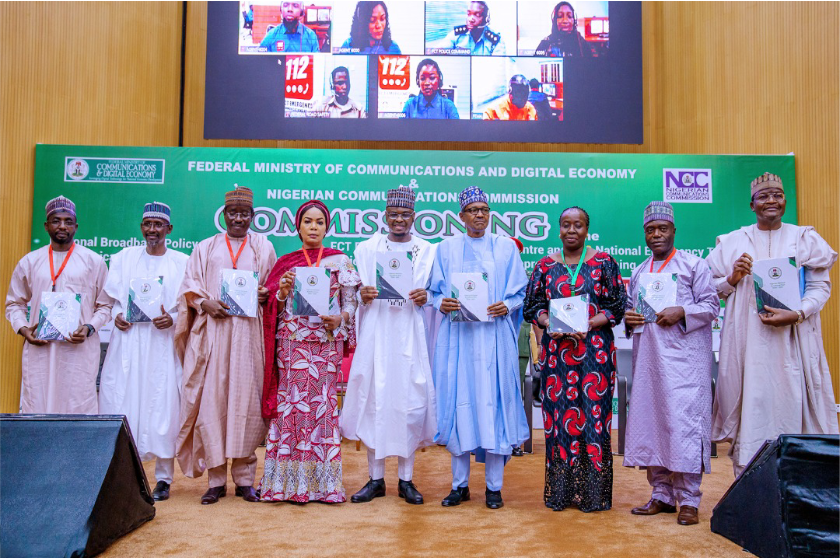The Nigerian government approved a national blockchain policy on Wednesday to aid the country’s transition to a digital economy.
The policy was developed by the Federal Ministry of Communications and Digital Economy. The ministry issued a statement saying that the policy aims to create a blockchain-powered economy that supports secure transactions, data sharing, and value exchange between people, businesses, and the government.
“The vision of the Policy is to create a Blockchain-powered economy that supports secure transactions, data sharing, and value exchange between people, businesses, and Government, thereby enhancing innovation, trust, growth and prosperity for all,” the statement said.
The National Blockchain Policy for Nigeria is in accordance with the National Digital Economy Policy and Strategy (NDEPS), which was introduced and launched by President Muhammadu Buhari on November 28, 2019. The policy was developed through collaboration with representatives and stakeholders from both the public and private sectors.
Over 300 stakeholders provided input, and the World Bank Diagnostic Report on Nigeria was also taken into consideration. The NDEPS was presented at the International e-Nigeria Conference 2019, which had over 2,500 attendees at the International Conference Centre in Abuja.
PRESS STATEMENT
FEDERAL GOVERNMENT APPROVES NATIONAL BLOCKCHAIN POLICY FOR NIGERIA
The Federal Executive Council approved the National Blockchain Policy for Nigeria during its meeting today, the 3rd of May, 2023. This followed the presentation of a memo by the Honourable… pic.twitter.com/CE7UrAKfjI
— Fed. Min. of Comms, Innovation & Digital Economy (@FMCIDENigeria) May 3, 2023
Read more: Mastercard launches Crypto Credential service for cross-border transfers
Read more: Joint European task force takes down darkweb money laundering platform ChipMixer
Cryptocurrencies not included in statement
The statement did not mention cryptocurrencies, which were the subject of a 2021 crack-down by the government.
The Federal Executive Council has instructed various regulatory bodies, including the National Information Technology Development Agency (NITDA), the Central Bank of Nigeria (CBN), the National Universities Commission (NUC), the Securities and Exchange Commission (SEC), and the Nigerian Communications Commission (NCC), among others, to develop regulatory frameworks for the deployment of blockchain technology in different sectors of the economy.
The SEC is considering allowing tokenized coin offerings backed by equity, debt, or property, but not crypto, on licensed digital asset exchanges. The government has approved a multi-sectoral Steering Committee to oversee the implementation of the policy.
According to PricewaterhouseCoopers, blockchain technologies could boost the global economy with USD$1.76 trillion by 2030.
Follow Joseph Morton on Twitter
joseph@mugglehead.com














